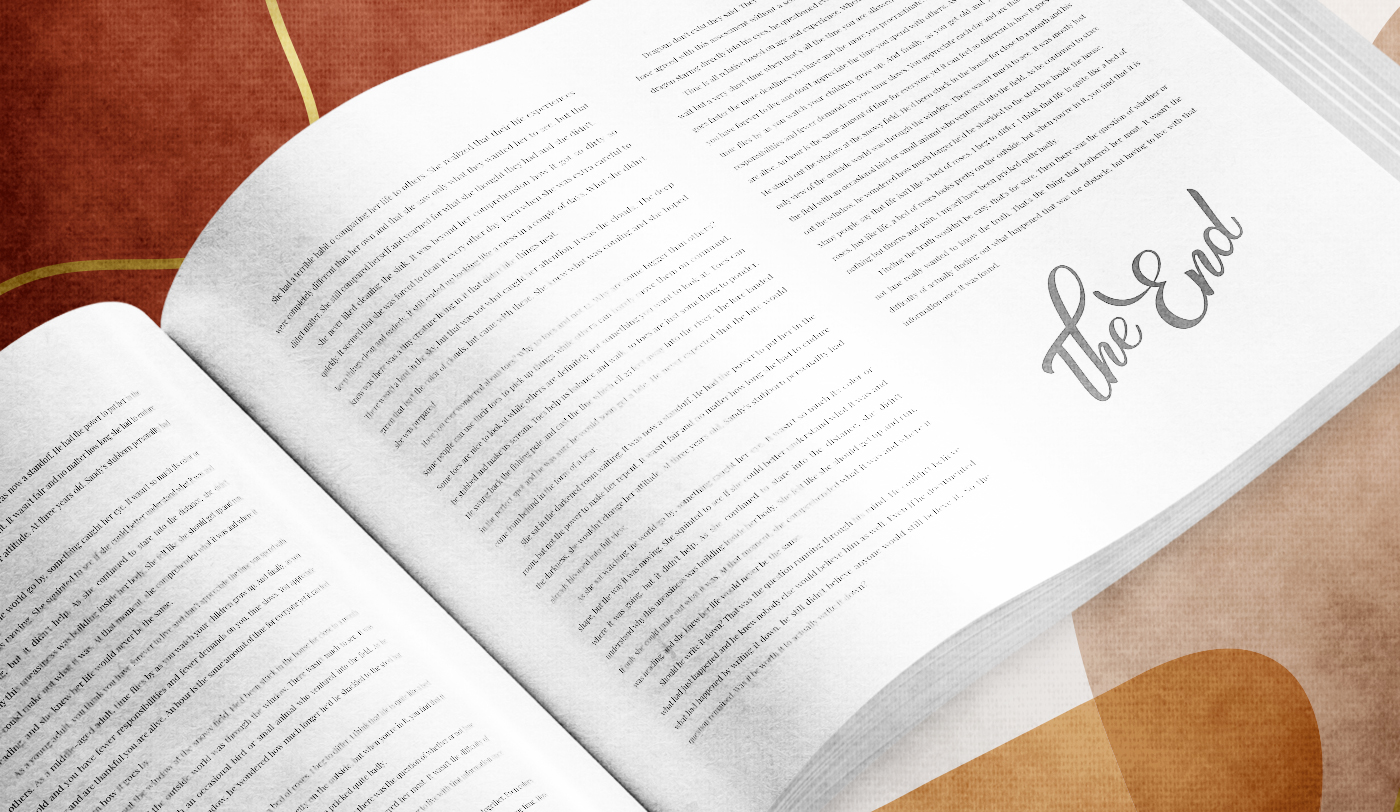What to write about
Think about why and why you want to write a book. What to share with readers, what to tell, what to push? However, such an answer is also appropriate: “I want to write a book in order to become famous.”
If you are a specialist or business writer, find a topic that excites you, that you understand, or you can enlist experts to help you.
You can collect in a book the wisdom of many people or the advice your parents gave you that helped you succeed in life. You can write about your life experience and professional path, or describe the biography of famous personalities.
Or maybe you have long wanted to tell people about fictional worlds and their heroes, to discover a fantasy world of the past, present or future? These are also excellent topics for a book that is sure to find its reader.
It doesn’t matter if it’s prose, poetry or non-fiction, there’s only one piece of advice: get started!

Make a plan or outline a plot
The outline of the book, or the plot, if you are thinking of a work of fiction, will help you move forward in writing more easily and create a coherent text as a result.
The plan can look different: following one after another, reminiscent of the usual content of a book, a mind map, or simply a sequence of events. If you are not ready to make a plan yet, write down all the ideas that swarm in your head on separate cards, and then try to put them together into a single picture.
Also, short references describing the key features and characteristics of the main characters of the work may be useful to you. Such a file cabinet will make the characters more alive and show the characters more clearly.
How to start writing a book
Start no matter what. Little time? There is no suitable place to retire? Thoughts are confused, and you do not understand what the first chapter will be? Leave these excuses and sit down at any table, call it a worker and start writing.
Many authors write non-linearly: they start from the middle, from the end, jump from thought to thought. This technique allows you to maintain a degree of interest and work efficiency. Write what is written, and only then you arrange the chapters in the right order, frame them with an introduction and conclusion.
Write first, edit later
“Write drunk, edit sober,” said Ernest Hemingway. Whether or not to involve alcohol in the writing process is a personal decision, but the truth is that you must first write, surrendering completely to the impulse and immersing yourself in a state of flow, and after a while return to writing and edit. Trying to polish the text in the process of writing, you get out of the state of flow, you lose thought and non-standard turns. But it is much more efficient to write 10 thousand characters of an “unkempt” text than 3-4 thousand of a verified and balanced one.
How not to get distracted
As far as possible, create ideal conditions for yourself to write a book. What helps you write? Silence, white noise, classical music? Do everything in your power to provide yourself with impeccable conditions.
Get yourself a ritual. For example, Jack Kerouac lit a candle before starting work, and when he finished writing, he blew it out. A lit candle was a signal to the brain – it’s time to create. Come up with your own ritual that will set you up for work: start at the same time or listen to your favorite piece of music before work.
How not to give up writing a book
Make a public statement. Tell your friends, relatives, or followers on social networks that you started writing a book and plan to finish it by a certain date. Public obligations will not let you relax.
Write every day. No matter what happens, no matter what mood you are in, write at least 20-30 minutes daily. Try not to break the chain. If at first the muse will wander somewhere during your work, be persistent. Continue writing, plotting, or collecting materials. Over time, the muse will begin to come on time.
The volume of many books is no more than 30 thousand words. If you manage to write 150 words in half an hour, then you will write 30 thousand words in a little more than 12 standard working days.

How to write interesting
More stories! People love stories from personal experience, they trust them. Be a good storyteller.
Avoid clichés, fixed expressions, and boring official language. Do not pile complex words into smartly twisted structures. Invent your own images and metaphors to captivate the reader with the freshness of your style. Write in simple sentences so that the book is easy to read. Create and develop your own recognizable style: rhythm, language, visual means.
Where to look for inspiration
And you don’t need it. Truth. Treat writing a book like a job. It can be easy and enjoyable, and sometimes hard and tedious, but it’s work, and you have to do it if you want to (substitute the correct one) get your ideas, images and stories to the audience, create a real bestseller, make money, become a famous author and keep creating…